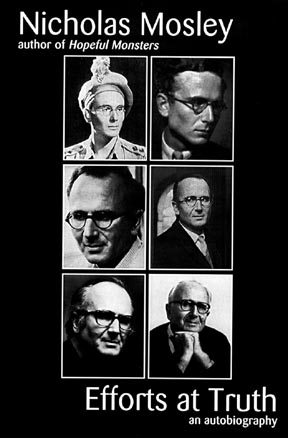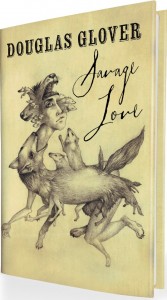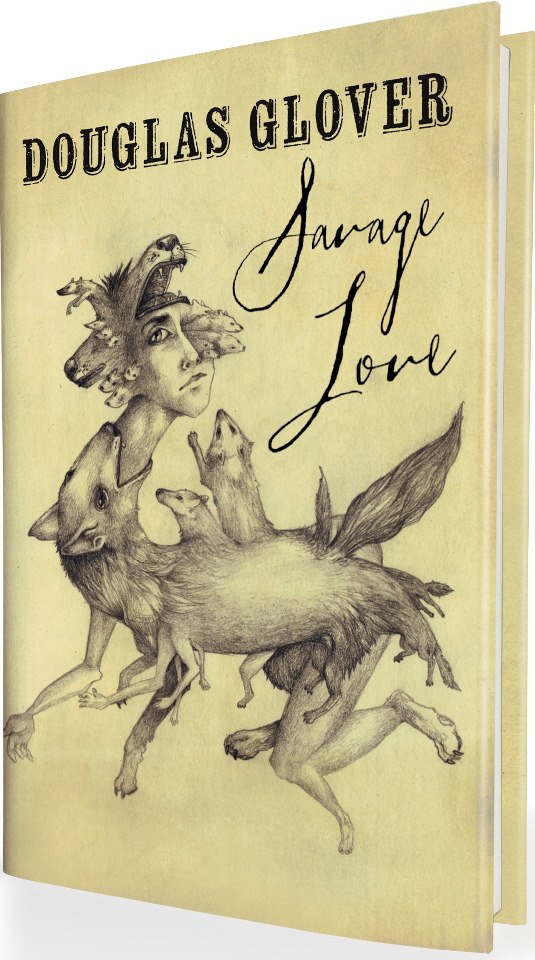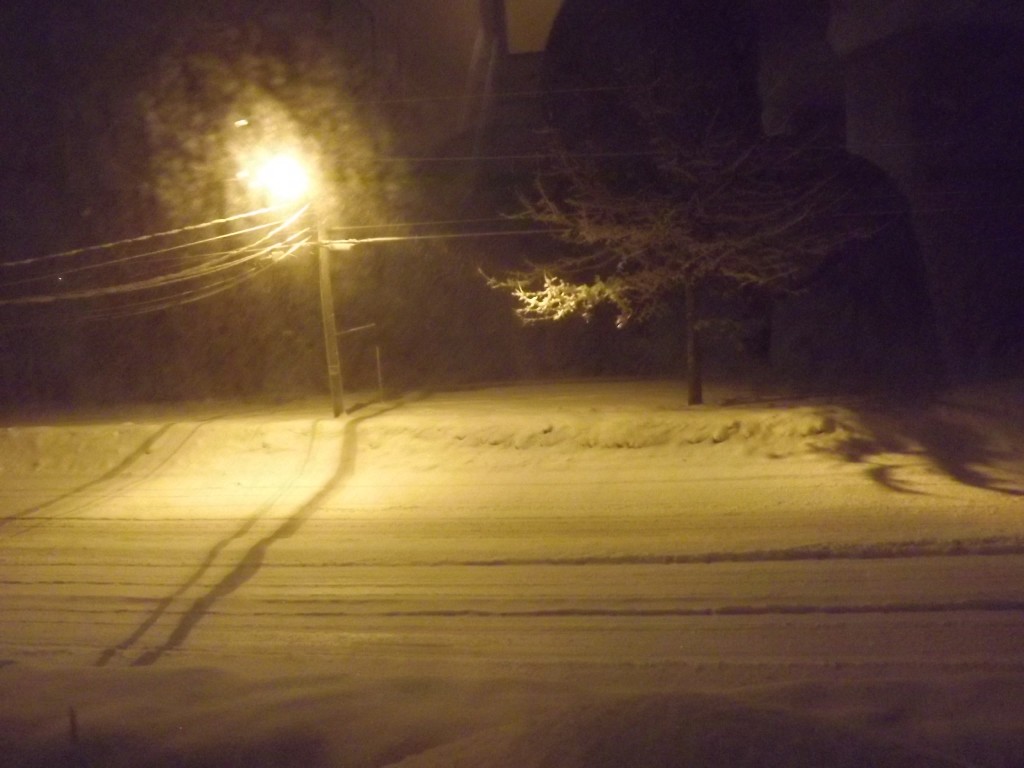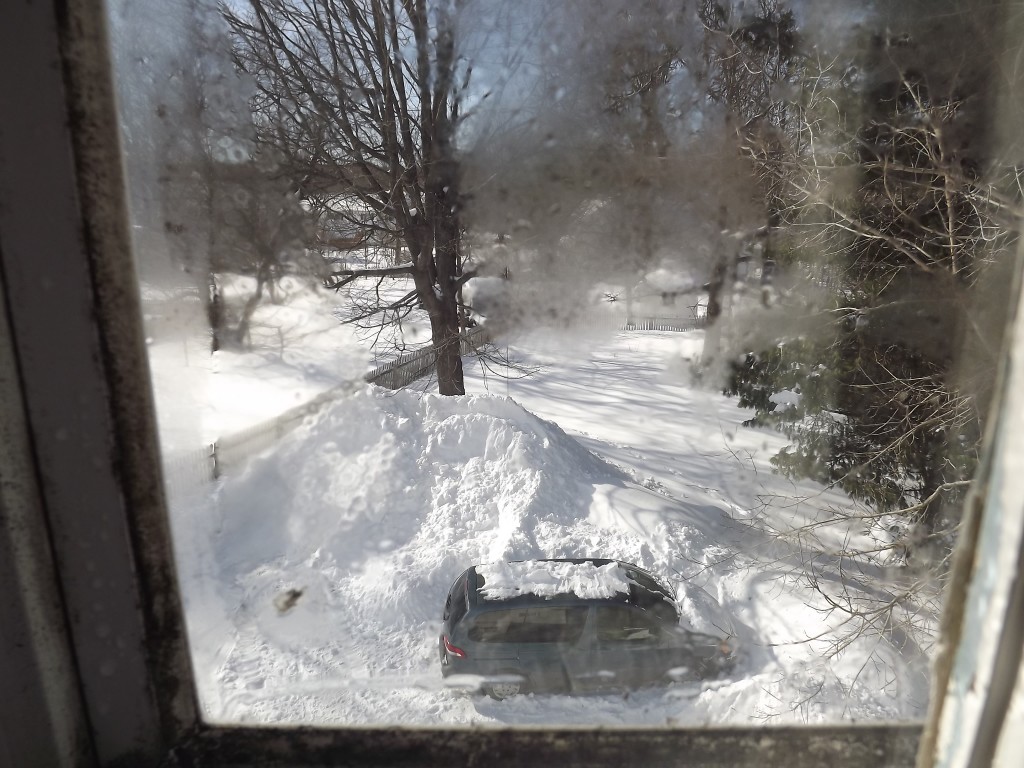Here’s a review I wrote of John Berger’s early novel Corker’s Freedom 20 years ago, rescued from an old disk. The novel was first published in the UK in 1964 and was finally published in the U.S. in 1993 by Pantheon Books. This review appeared in the Washington Post in February 1994. Berger, as you all know, went on to win the Booker Prize in 1972 for his novel G. and became a famous BBC TV art critic. An amazing, knowing writer. Get the book.
dg
Corker’s Freedom
A Novel
By John Berger
.
Dostoevsky once said we all came out from under Gogol’s overcoat by which he meant that the roots of modern storytelling all trace back to Nikolai Gogol’s tale of a humble clerk whose great adventure was buying a brand new overcoat which someone immediately steals.
John Berger’s novel Corker’s Freedom is contemporary masterwork in precisely this Gogolian mode — the old-style noble hero is dead, and in his place we have the drama of a little man who throws all his passion and yearning into some minor, shopworn achievement and inevitably fails.
First published in England in 1964, Corker’s Freedom took almost thirty years to cross the Atlantic Ocean, a slow passage by anyone’s reckoning. I won’t say it was worth the wait because a delay like that is unconscionable, though not inexplicable.
Berger went on to win the Booker Prize in 1972 for his novel G., but he also has an immense reputation as a (Marxist) art critic and avant garde film maker, a reputation sure not to make the hearts of commercial publishers flutter with anticipation.
Corker’s Freedom is about the 64-year-old owner of a grubby little London employment agency who one day decides to leave the home he shares with his invalid sister Irene and set up house in the empty flat above his office. William Corker is humble clay. He and Irene are emotionally pinched — what everyone today would instantly recognize as co-dependent. The single relationship that Corker can recall in anything resembling warm tones is his brief childhood acquaintance with a Viennese nanny.
The move from Irene’s house to the agency flat is the great adventure of Corker’s life, his last, desperate bid for freedom before the long night falls. In the midst of rearranging his mother’s old furniture to make a bedroom, he pictures himself as Lancelot holding the Grail. He thinks he has struck a blow for “The right of a man to be himself, the right of a man to find a way out of his suffering, the right of a man to live where and as he wishes — eager, curious, hopeful, experimental — the right of a man to say: I wish to begin again.”
These are brave, rousing words uttered in the cause of personal transformation in a godless modern world. But they come to nothing. In a horrifyingly comic climactic scene, a drunken Corker discourses on the meaning of life, liberty and art in the midst of an ill-attended church hall slide presentation on his recent holiday in Vienna. His sister sits in the audience tapping her canes irritably. His agency assistant Alec fondles his girlfriend. And a pretty young woman with whom Corker thinks he has fallen in love watches cagily while her burgler lover breaks into the employment agency and makes off with the company safe. Ruined, Corker ends up making crank speeches from a Hyde Park soap box and conning tourists for his lunch.
Berger pushes against the constraints of the novel form, using passages of screen-play dialogue and parenthetical stage directions as fictional shorthand to stand for everyday narrative machinery (set-up and background) that might take pages and pages in a normal novel. This is so that he can pay attention to what he wants to pay attention to, which is the gap between the inner thoughts and public statements of his characters, the tragic and ironic distance between what they know or feel and what they can say.
The drama of the book, in Corker’s case, is the gradual narrowing of this gap — at the end of the church hall scene he is saying what he thinks and knows, which, as Berger sees it, is a kind of folly bordering on madness and leads directly to Corker’s downfall. (Hence the irony of the final pages with Corker endlessly exercising every Englishman’s right to free speech to a sparse gathering of unemployed hecklers and baffled tourists.)
Corker is already done for when he announces to his slide-show audience: “To the best of our ability we must choose happiness. That is my choice. I may be interrupted, prevented or defeated by circumstances but at least I know what I want and what I am doing. I am making myself happy.” The final sentence is, of course, untrue, which makes the speech achingly tragic and absurdly funny at the same time.
Berger writes with amazing aplomb, packing his pages with pyrotechnic ethical wisdom, trenchant social criticism (couched dramatically in the life stories of a succession of deftly sketched secondary characters), and sly comedy (Corker getting progressively drunker on Austrian kummel while reflecting on the glories of Vienna and his long-lost nanny).
Corker’s Freedom is an exhilarating achievement, wise, unsettling, and alive with a sense of humanity that is flawed, doomed, yet oddly indomitable.
—Douglas Glover (Originally appeared in the Washington Post, February 27, 1994)
.
.




